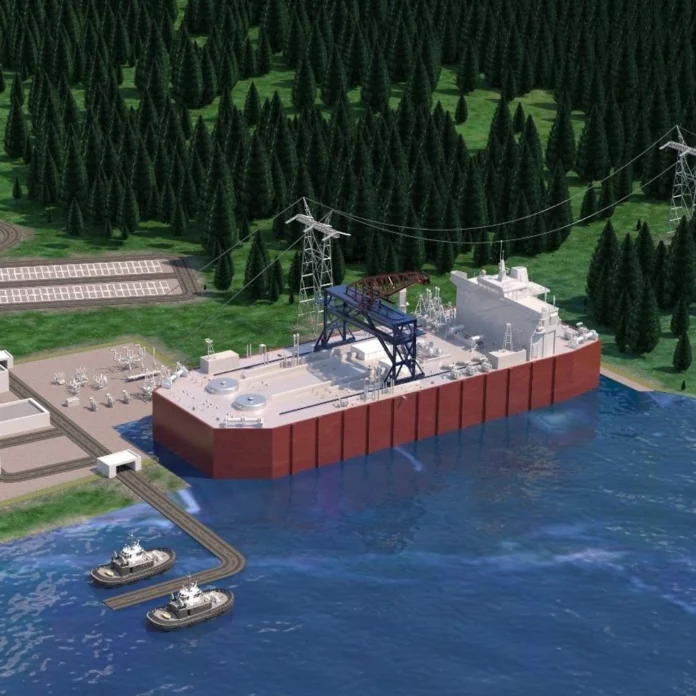
Lloyd’s Register (LR) is set to become one of the first maritime organizations to leverage generative Artificial Intelligence (AI) for permitting capabilities, utilizing Microsoft Azure OpenAI Service to bridge the gap between terrestrial and maritime applications.
These AI-driven capabilities aim to streamline the regulatory process for nuclear technology, supporting LR in advancing nuclear deployment within the maritime sector.
By analyzing historical nuclear licensing data, Azure’s generative AI enables licensing engineers to draft permitting documents more efficiently, expediting the review and refinement process. Additionally, it can rapidly search extensive regulatory datasets to identify relevant regulations, precedents, and critical information.
Mark Tipping, LR’s Global Offshore Power To X Director, who leads on nuclear technology, stated: “We have a large data source from decades of regulatory applications which these AI capabilities can interrogate swiftly to identify good practice and lessons learned.”
This technology offers a faster, more cost-effective approach to regulatory compliance—key to making nuclear a practical clean energy solution. AI has the potential to remove barriers and unlock new opportunities for nuclear power in floating nuclear plants, offshore energy, and ship propulsion, according to the statement.
Tipping added: “Collaborating with Microsoft provides us with an excellent opportunity to combine two very different areas of expertise, their AI capabilities and our vast history and knowledge of maritime and nuclear safety.”
This collaboration has been driven by LR’s CTIO team. Deputy Chief Technology and Innovation Officer Jeff Scott, who played a key role in engaging with Microsoft to explore AI’s potential in maritime nuclear regulation, stated: “Regulations shouldn’t be a roadblock to innovation – they should be a launchpad. By teaming up with Microsoft, we’re using AI to cut through the red tape and fast-track the future of nuclear in maritime. It’s an exciting step toward making clean energy a reality on the water.”
Darryl Willis, Microsoft CVP, Energy & Resources Industry, commented: “This collaboration underscores our commitment to harnessing the power of AI to drive innovation and advance sustainability across sectors. By combining our AI expertise with Lloyd’s Register’s expertise in maritime and nuclear safety, we are paving the way to ease regulatory barriers and make sustainability more attainable for all industries.”




